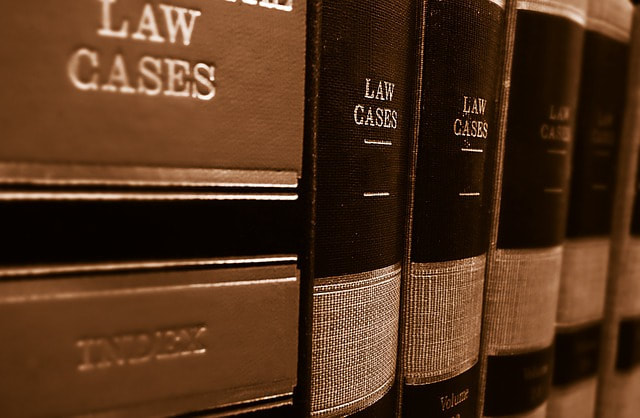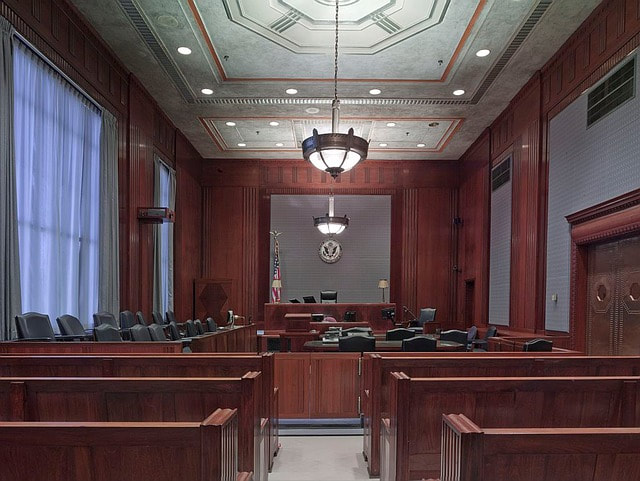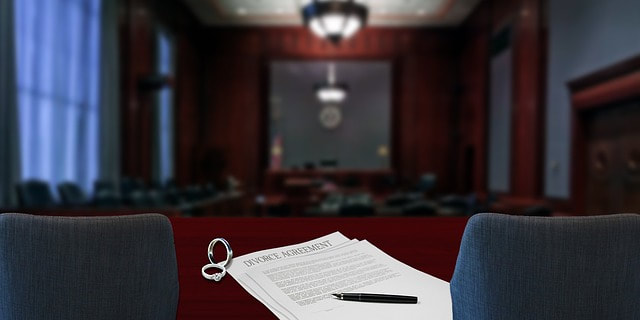This is the third article in a series on Decoding Family Law, Parental Alienation in the Courtroom. You can read the first article here, and the second article here.
|
Law, Family Law and Rules of Evidence: How it Actually Works (Hypothetical Example)
This is the third article in a series on Decoding Family Law, Parental Alienation in the Courtroom. You can read the first article here, and the second article here. This is the second article in a series on Decoding Family Law, Parental Alienation in the Courtroom. You can read the first article here.
Law, Family Law and Rules of Evidence: How It is Supposed to Work In order for fairness to prevail in any legal system, specific rules are created that seek to reduce or eliminate bias in the application of whatever law is being utilized. Laws or statutes are applied via specific rules that govern their use. Without these governing rules, the application of the same statute could and likely would have many varying outcomes. Cases involving Parental Alienation, by their nature, involve the vilification of one parent by the other. In such cases, one parent is falsely accusing the other parent of some serious parental misjudgment ranging from being emotionally abusive and neglectful, to being physically abusive, to being pedophilic. All of these accusations are put forth for the purpose of gaining advantage in the custody dispute.
I frequently get the question, "How do you prove parental alienation in Court?"
My response is that, luckily, you do not have to prove it, you just have to get the Judge to believe that it is present. By this, I do not mean that your job is to falsely convince the Judge of anything, but that absolute proof of such a thing is not necessary. There are many a judge who "get it" based on how the case is presented and how the various players impact the judge. Let me say that again. Being a veteran of a war does not make one an expert on war. By that I mean this. The war veteran is an absolute expert on his or her experience with the war in which they found themselves, but this experience alone does not equip them to teach at, say The War College.
Likewise, one’s personal experience with Parental Alienation, as tragic as it may legitimately be does not - by virtue of that personal experience alone - qualify one to serve in an expert capacity for other people’s cases. Expertise to do this should be grounded in a combination of deep academic experience, research experience, clinical experience "in the trenches" as they say, with many families in a variety of circumstances, as well as with professional experience in a more general sense in order to place all of these specific experiences in a broader context. Family Law attorneys may be unaccustomed to working on a consultative basis with a mental health professional. More often than not, attorneys tend to see such professionals as being experts, evaluators and therapists, whom they will depose, examine in court and/cross-examine.
The concept of having a consultant in a “team” framework is often not familiar ground. The purpose of this brief monograph is to outline the benefits a Parental Alienation Consultant can bring to your court case. I am frequently asked, “Why do I need a Consultant for my Parental Alienation Case?”
First and foremost, if you were searching for information about Parental Alienation, it is likely that you may be personally concerned about these issues in your own life and family. If so, it is vitally important that you realize that the specific issues that appear in Parental Alienation cases are very different than those arising in even a contentious divorce when alienation is not an issue. A few examples may be illustrative. It is well understood that visitation interference is a central theme in Parental Alienation cases, as are false allegations of abuse. If one’s attorney is not familiar with this, it is very likely that improper advice will be given, such as “not making waves,” that the “kids will come around” and “not to make an issue of a little bit of visitation being missed.” If alienation was not present in an ongoing divorce, this advice would be very likely appropriate. I had the ambivalent experience of reading a Court Order in a case with clear cut Parental Alienation. The Court ordered a Custody Evaluation by a forensic evaluator with deep experience with parental alienation. The report was very thorough and the recommendations were very clear.
I frequently receive email requests for Parental Alienation expert witnesses in a given case, in a given town. The basis of the request is that if one has the right expert, the case is done. This is simply not the case. While having the right expert is an essential part of any case, it is only part of the puzzle.
Parenting, when Parental Alienation is present, requires super-human strengths and the patience of Job.
Parenting under the best of circumstances, is challenging. It creates the greatest joys of life as well as its deepest agonies. It is, to say the least, challenging. When you add Parental Alienation into the mix, the word “challenging” becomes pale and weak. |
J. Michael Bone, PhD.Dr. Bone is an experienced consultant for cases involving Parental Alienation and has spent over 25 years working with high conflict divorce as a therapist, expert witness, mediator, evaluator and consultant, both nationally and internationally. Archives
June 2019
Categories
All
|










 RSS Feed
RSS Feed